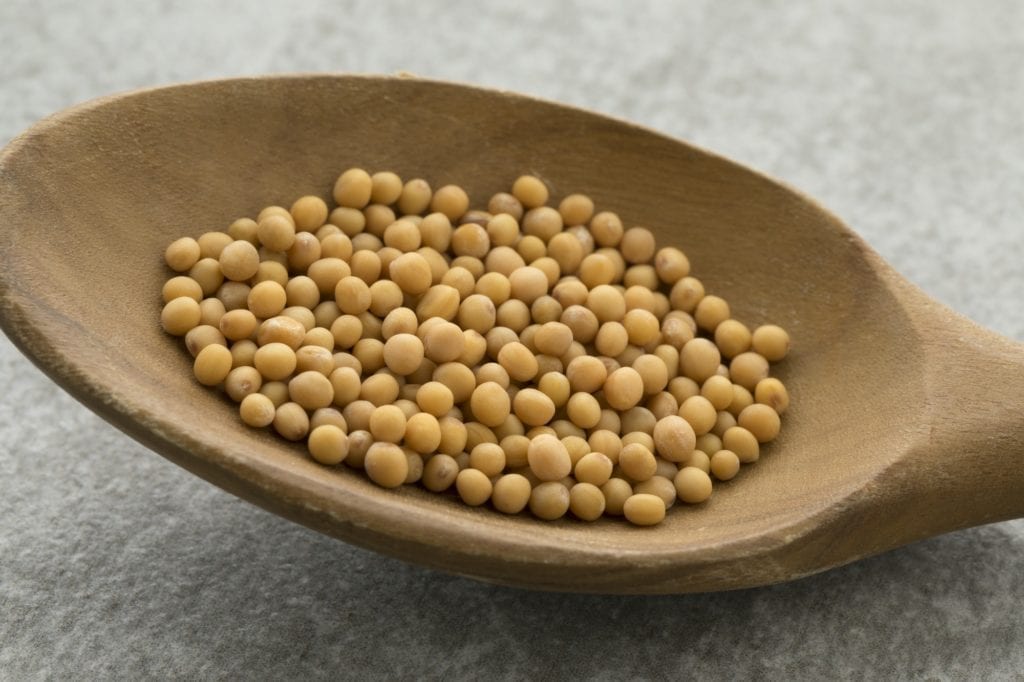
Mustard seeds are from the mustard plant. There are many different varieties of mustard plants but only three primary types used for its seeds: black mustard (Brassica nigra), white mustard (Brassica alba) and brown mustard (Brassica juncea).
Black mustard seeds have the most pungent taste, white mustard seeds (which are actually yellow in colour) are the mildest and are the ones used to make traditional yellow mustard. The brown seeds (which are dark yellow in colour), have a bitter taste and are used to make Dijon mustard.
Mustard seed can be traced back to different parts of Europe and Asia. White seeds originated in the eastern Mediterranean, brown seeds from the Himalayan regions and black seeds from the Middle East.
Types of mustard seeds
Black and brown seeds are particularly popular in Indian cooking, especially Bengali and southern Asian cuisines. It adds a kick of heat and depth of flavour to a huge range of dishes and enhances the flavour of beef, fish, and poultry, making it a great spice for curry dishes.
Mustard seeds are sold either whole or as a ground powder. The whole seeds can be used in their full form or cracked to release further aromas for a more intense flavour and give dishes a slight crunchiness.
While dried mustard powder does not have a very strong flavour, mixing it with water enhances its pungency and heat. To moderate this sharp flavour, very hot water or an acidic substance such as vinegar is added. Mustard seeds, cracked and whole, and ground powder can be mixed with water, vinegar or other liquids and sometimes other flavours and spices to create a thick sauce which we recognise as the popular mustard condiment. As mentioned above, mustard’s fieriness depends on how much water it is mixed with: whole seeds added to a stock, made into a wholegrain sauce, or fried as a curry base are much mellower than a paste made from ground seeds and water.
Health benefits
Mustard seeds are known for their many healthy and nutritious properties.
They are a good source of omega 3, fatty acids, iron, zinc, protein and calcium and their magnesium content helps speed up the metabolism and improves digestion.
They are a good source of selenium, which is known for its anti-inflammatory effects and can help reduce the severity of asthma, certain symptoms of rheumatoid arthritis and even cancer.
Mustard seeds have proven to reduce the frequency of migraines and consuming these seeds is known to help women suffering from disturbed sleep, associated with the menopause.
Mustard seeds are known to have antibacterial, antiseptic and antifungal properties.
The oil from mustard seeds is highly regarded in lowering high blood pressure. Its low calorie properties also help prevent heart attacks and diabetic heart disease.
Consuming black mustard seeds taken with milk before a meal can help with a lack of appetite.
Mustard oil can be applied on the body in winter to provide warmth.
Pro cooking tips:
Do as all the best Indian restaurants do and stand lamb chops in a crushed mustard seed paste marinade before grilling for a spicy kick. Great for the BBQ!
Mustard seed is especially good with fish. Try marinating fish in mustard paste with salt, turmeric, ginger and garlic paste, chilli powder and lemon juice for 15 minutes, then fry in mustard oil.

